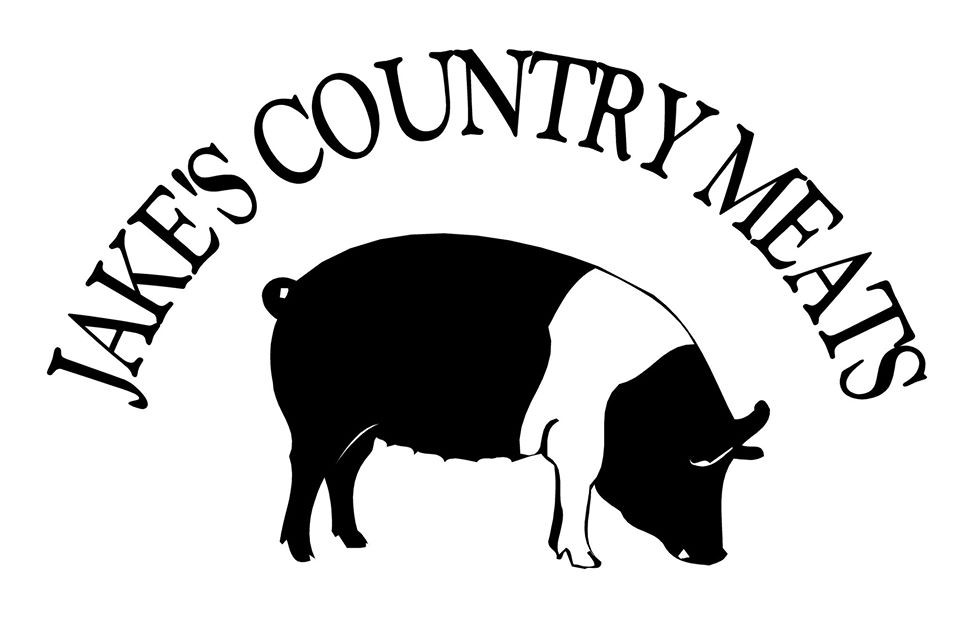Baling Cornstalks
posted on
December 6, 2022
We finally finished harvesting our Fall crops last week. Now, our team is busy cutting, raking, and baling the cornstalks that the combine left behind in the field.
These large bales will be used as bedding within shelters, bedding that keeps our pigs dry and warm during the winter.
After the cornstalks are collected and baled, we then plant rye. The rye will be harvested in the Spring to feed our cattle.
After Spring’s harvest, we plant non-gmo corn and soy beans. The corn and soybeans are harvested in the Fall, stored, and grinded at the farm to make food for our pigs.
This brings us back to cutting, raking, and baling the cornstalks for bedding.
A continual rotation of crops keeps the land covered year-round, which helps the soil retain moisture, and creates a robust root system. A healthy root system and plant coverage, in turn, sequesters carbon, storing it within the plant and the soil.
#farmersyouknow
https://www.youtube.com/shorts/xe9hEN8SHAc



